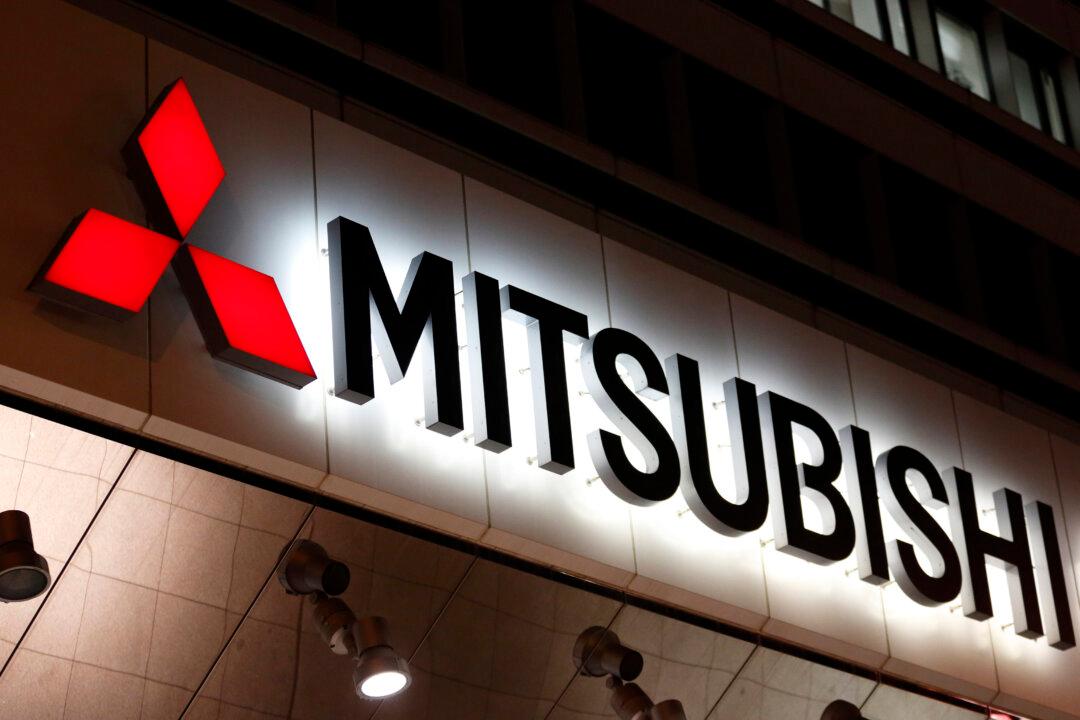Japanese car giant Mitsubishi Motors is looking to pull out of China entirely amid tough competition from domestic rivals and after a months-long production stoppage of its sport-utility vehicle (SUV) lineup after years of falling sales, according to reports.
Mitsubishi is in talks with local joint-venture partner Guangzhou Automobile Group (GAC) about exiting auto-making operations in China, according to Japanese news outlet Nikkei.





